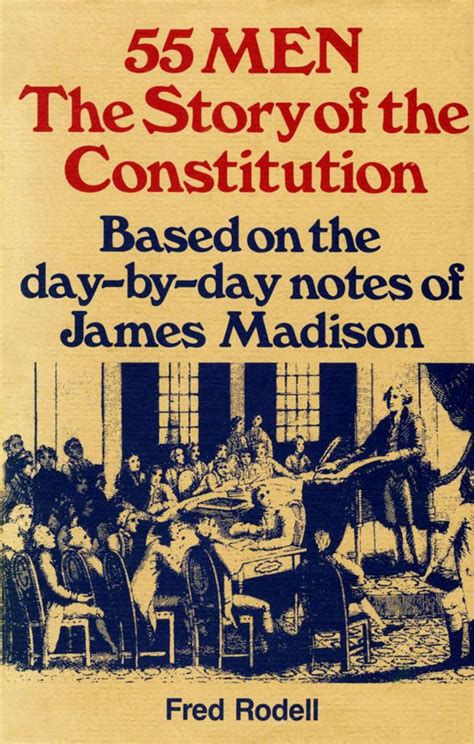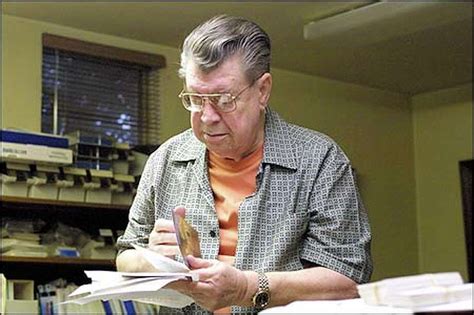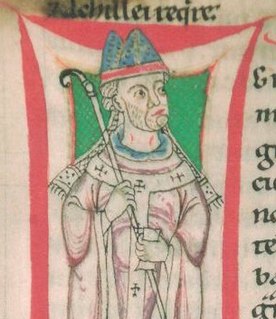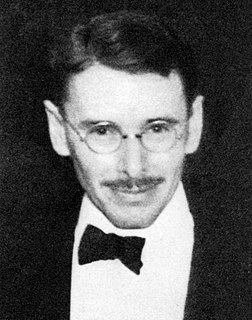A Quote by Fred Rodell
In tribal times, there were the medicine men. In the Middle Ages, there were the priests. Today, there are the lawyers. For every age, a group of bright boys, learned in their trades and jealous of their learning, who blend technical competence with plain and fancy hocus-pocus to make themselves masters of their fellow men. For every age, a pseudo-intellectual autocracy, guarding the tricks of the trade from the uninitiated, and running, after its own pattern, the civilization of its day.
Quote Topics
After
Age
Ages
Autocracy
Blend
Boys
Bright
Civilization
Competence
Day
Every
Fancy
Fellow
Fellow Men
Group
Guarding
Intellectual
Jealous
Lawyers
Learned
Learning
Make
Masters
Medicine
Men
Middle
Middle Age
Middle Ages
Own
Pattern
Plain
Priests
Pseudo
Running
Technical
Themselves
Times
Today
Trade
Trades
Tribal
Tricks
Were
Related Quotes
A woman's work, from the time she gets up to the time she goes to bed, is as hard as a day at war, worse than a man's working day. ... To men, women's work was like the rain-bringing clouds, or the rain itself. The task involved was carried out every day as regularly as sleep. So men were happy - men in the Middle Ages, men at the time of the Revolution, and men in 1986: everything in the garden was lovely.
Who does not know that kings and rulers sprang from men who were ignorant of God, who assumed because of blind greed and intolerable presumption to make themselves masters of other men, their equals, by means of pride, violence, bad faith, murder, and almost every other kind of crime? Surely the devil drove them on.
If our age in its pride laughs at and rejects Our Lady's Rosary, a countless legion of the most saintly men of every age and of every condition have not only held it most dear and have most piously recited it but have also used it at all times as a most powerful weapon to overcome the devil, to preserve the purity of their lives, to acquire virtue more zealously, in a word, to promote peace among men.
The religious geniuses of all ages have been distinguished by this kind of religious feeling, which knows no dogma and no God conceived in man's image; so that there can be no church whose central teachings are based on it. Hence it is precisely among the heretics of every age that we find men who were filled with this highest kind of religious feeling and were in many cases regarded by their contemporaries as atheists, sometimes also as saints. Looked at in this light, men like Democritus, Francis of Assisi, and Spinoza are closely akin to one another.
































